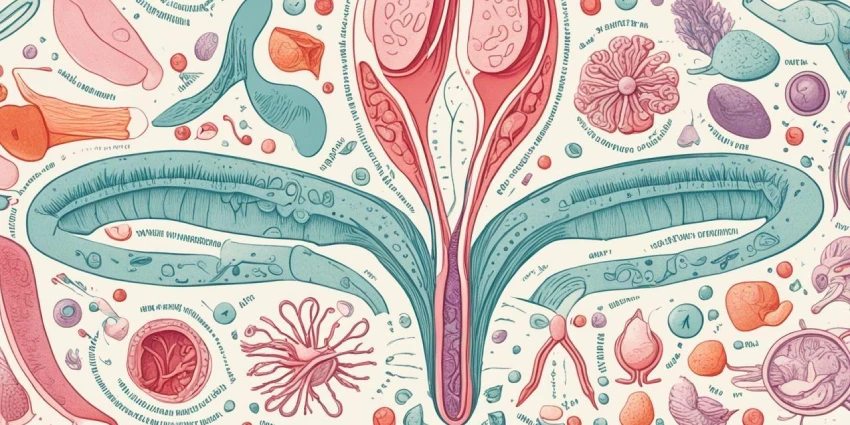If you’ve ever wondered whether pregnancy is possible without ovulation, you’re not alone. There’s a lot of misinformation out there, and understanding how ovulation actually works is key to both conception and reproductive health. In this Q&A, we’ll walk through the facts and help clear up common myths that often cause confusion for those trying to conceive—or trying not to.
Curious to learn more?
Check out the full article here: Can Pregnancy Occur Without Ovulation? Myths vs. Facts
Ask Dr. Stan
1. Can someone really get pregnant without ovulating?
No, it’s not possible to get pregnant without ovulation. For pregnancy to occur, an egg must be released from the ovary and meet sperm for fertilization. If ovulation doesn’t happen, there’s no egg available—so conception simply cannot occur.
2. What exactly is ovulation, and when does it happen?
Ovulation is when a mature egg is released from one of the ovaries—typically about midway through your menstrual cycle. That egg is only viable for 12 to 24 hours, so timing is important if you’re trying to conceive. Keep in mind that the fertile window includes the days leading up to ovulation as well, since sperm can live in the reproductive tract for several days.
3. How do I know if I’m ovulating regularly?
Regular ovulation often comes with predictable cycle lengths and common signs like changes in cervical mucus, a mild increase in basal body temperature, and sometimes ovulation pain (called mittelschmerz). Tracking your cycle over time or using ovulation predictor kits can give you clearer insights.
4. What are anovulatory cycles, and why do they matter?
Anovulatory cycles are menstrual cycles where ovulation doesn’t occur. You might still bleed, but no egg is released. These cycles can make it harder to conceive and are often caused by conditions like PCOS, thyroid disorders, or excessive stress. If you’re concerned about irregular cycles, it’s a good idea to talk to your OB/GYN providerr.
5. Is it normal to miss ovulation once in a while?
Yes, it can be. Many women experience anovulatory cycles occasionally, especially during times of stress or hormonal changes. However, if anovulation becomes frequent, it may be a sign of an underlying condition that should be evaluated by a healthcare provider.
6. How does stress affect ovulation and fertility?
Chronic stress can interfere with the hormonal signals needed for ovulation. High levels of stress hormones like cortisol can disrupt the balance of reproductive hormones, potentially delaying or even preventing ovulation. Managing stress through rest, exercise, or mindfulness can be incredibly helpful.
7. Can PCOS stop me from ovulating completely?
Polycystic Ovary Syndrome (PCOS) is a leading cause of ovulatory dysfunction. It can lead to infrequent or absent ovulation, but with the right treatment—such as lifestyle changes or medication—many women with PCOS are able to ovulate regularly and conceive. Always consult your physician to determine the best approach for your individual needs.
8. What are some ways to track ovulation accurately?
There are several methods:
- Ovulation predictor kits (which detect the LH surge)
- Monitoring cervical mucus changes
- Tracking basal body temperature
- Using fertility tracking apps
Combining these methods often gives the clearest picture of your ovulation pattern.
9. Are hormonal imbalances always behind ovulation issues?
Often, yes. Hormonal imbalances—especially involving LH, FSH, estrogen, or thyroid hormones—are common culprits. These imbalances can interfere with the normal cycle of follicle development and egg release. Identifying and addressing the root hormonal cause can restore healthy ovulation in many cases.
10. What should I do if I suspect I’m not ovulating?
If you’re noticing irregular cycles or not seeing signs of ovulation, it’s time to speak with your healthcare provider. They can run hormone tests and imaging studies to determine what’s going on. With proper guidance, many ovulatory issues can be successfully managed.










